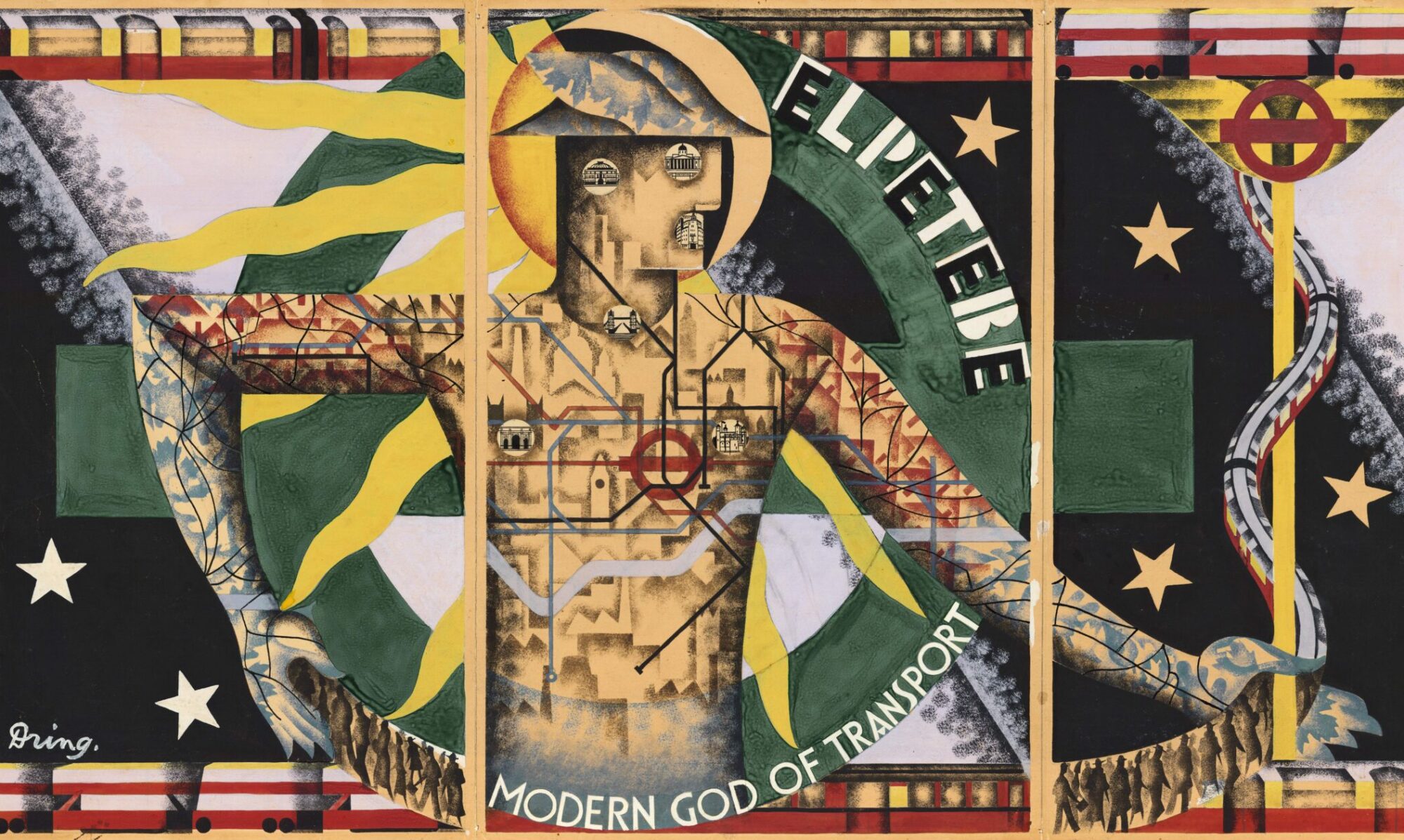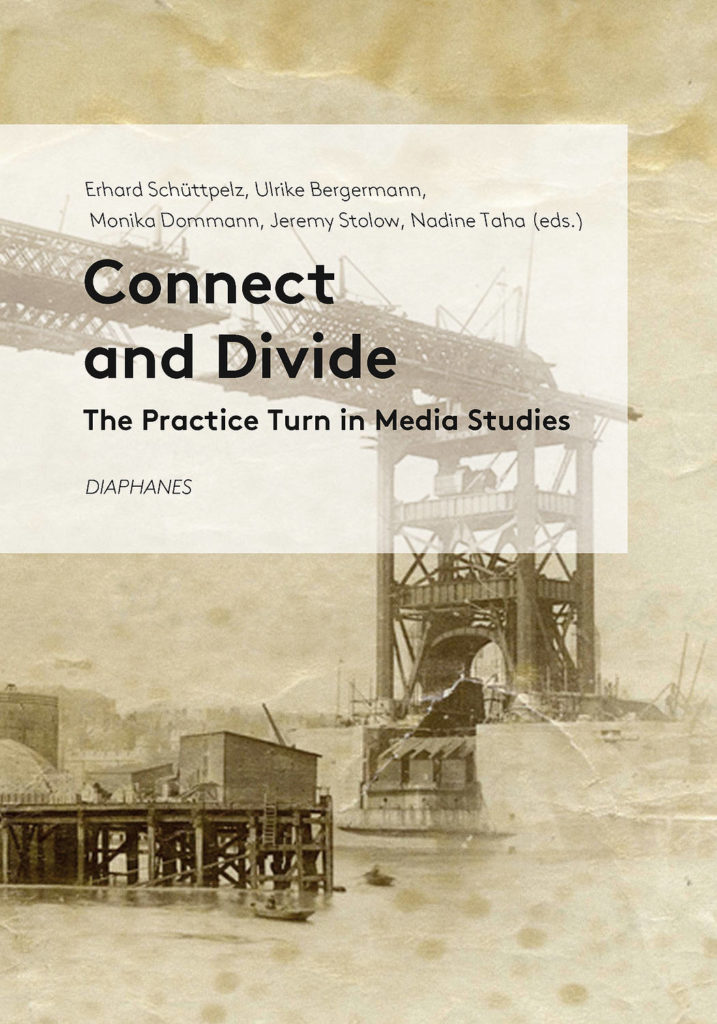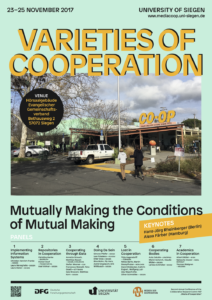“Connect and Divide” took a long time to be published, but now the book is finally here. Bringing practice theory/praxeology and media studies together seems like an endeavour that needs time for deliberation. My own contribution “How to Coordinate Digital Accounting? Infrastructuring Payment and Credit with the Eurocard” is a business history from the lost 1970s/1980s social world of an European credit card called the Eurocard. It focuses on practices of coordination, and combines these with a framework of thinking about practices of delegation, and registration/identification.
Within the volume’s long production time, the reproduction of images somehow took a strange trajectory. This is why I republish them in this blog post for your viewing and reading pleasure. And do not forget to check out the other excellent contributations to this publication of the German Research Foundation’s third Media Studies symposium! It is also the first time that this has been a transatlantic event. I am very grateful to have been a part of it. „The Practice Turn in Media Studies“ weiterlesen


